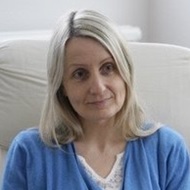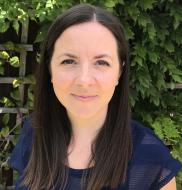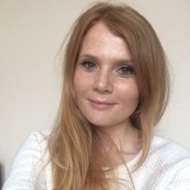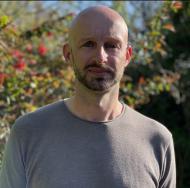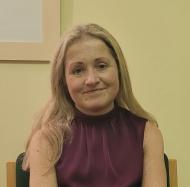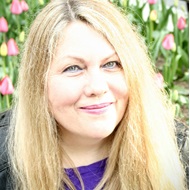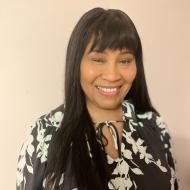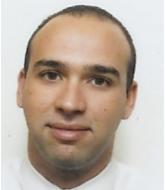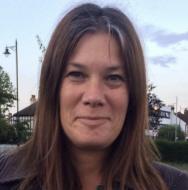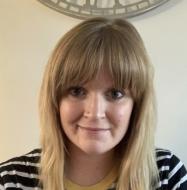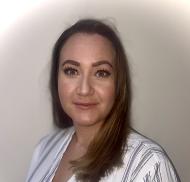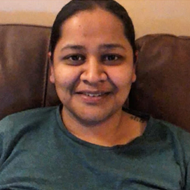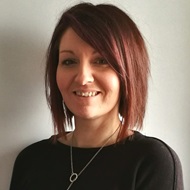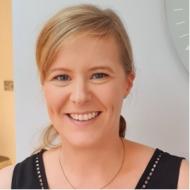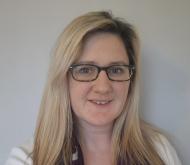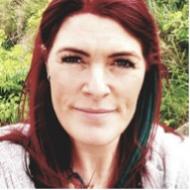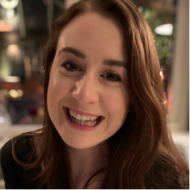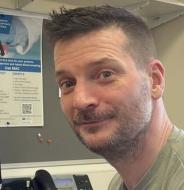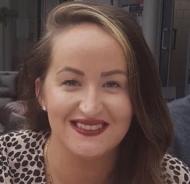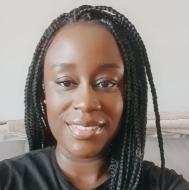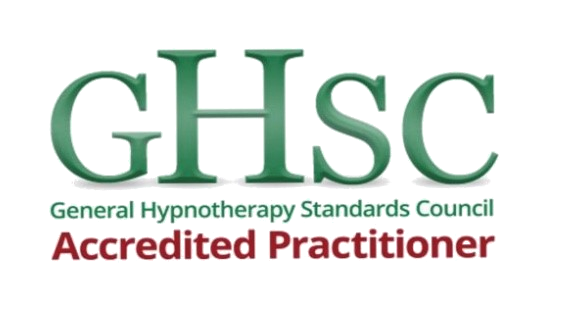Cognitive Behavioural Therapy - CBT Treatment for Depression in London, UK-wide and Online via Video-Link
If you are experiencing persistent feelings of low mood, a loss of interest or purpose, physical fatigue, altered sleep patterns, emotional detachment, difficulty concentrating, changes in appetite or reduced sex drive, you may be suffering from a form of clinical depression. Depression affects around 24% of women and 13% of men in the UK and occurs across the full age spectrum. If you have experienced symptoms of depression for more than two weeks, then Cognitive Behavioural Therapy can help you to break the cycle and bounce back. CBT is the recommended treatment of choice for depression and published research over the last 60 years has consistently demonstrated that it is highly effective.
We provide CBT treatment for depression and low mood from our main clinics in London. You can also arrange Cognitive Behavioural Therapy for depression with one of our 200+ CBT specialists offering face-to-face and online appointments across the UK.
How to Book a CBT Appointment for Depression
To talk to one of our CBT specialists about treatment for depressed mood, call 01732 808626, complete the appointment request form on this page or email info@thinkcbt.com
Your request will be handled on a confidential and sensitive basis and we can usually confirm an appointment within two working days of your initial enquiry. There are no waiting lists or red tape and every member of our team is clinically qualified to the recognised UK gold standard in CBT.
What is Depression?
Whilst we all experience occasional feelings of low mood and sadness, this usually reflects the changing nature of normal human emotions and our reaction to the situation or environment. When low mood persists for more than two weeks, however, this can indicate that a form of clinical depression is present.
The key characteristics of clinical depression include low mood, feelings of hopelessness and loss of interest or pleasure in activities that were previously enjoyable. Physical symptoms of depression can include changes in appetite and weight, sleep disturbance, reduction in sex drive, constipation, noticing aches and pains more and feeling tired or fatigued. Depressed people also often experience problems with concentration and short-term memory, difficulty making decisions, negative thinking and thoughts of death or suicidal ideation. You can see a full list of the diagnostic criteria for the different types of depression listed in the section below.
Depression is classified as a mood disorder and is normally described as mild, moderate and severe. Mild depression has some impact on daily life, moderate has a significant and noticeable effect and severe depression makes it almost impossible to function normally.
Whilst there are a number of different forms of clinical depression, this page will focus on Major Depressive Disorder (MDD), Persistent Depressive Disorder, also referred to as dysaemia and Seasonal Adjustment Disorder (SAD). You can find out more about Perinatal Depression and Bipolar Disorder by following these links.
Online CBT for Depression
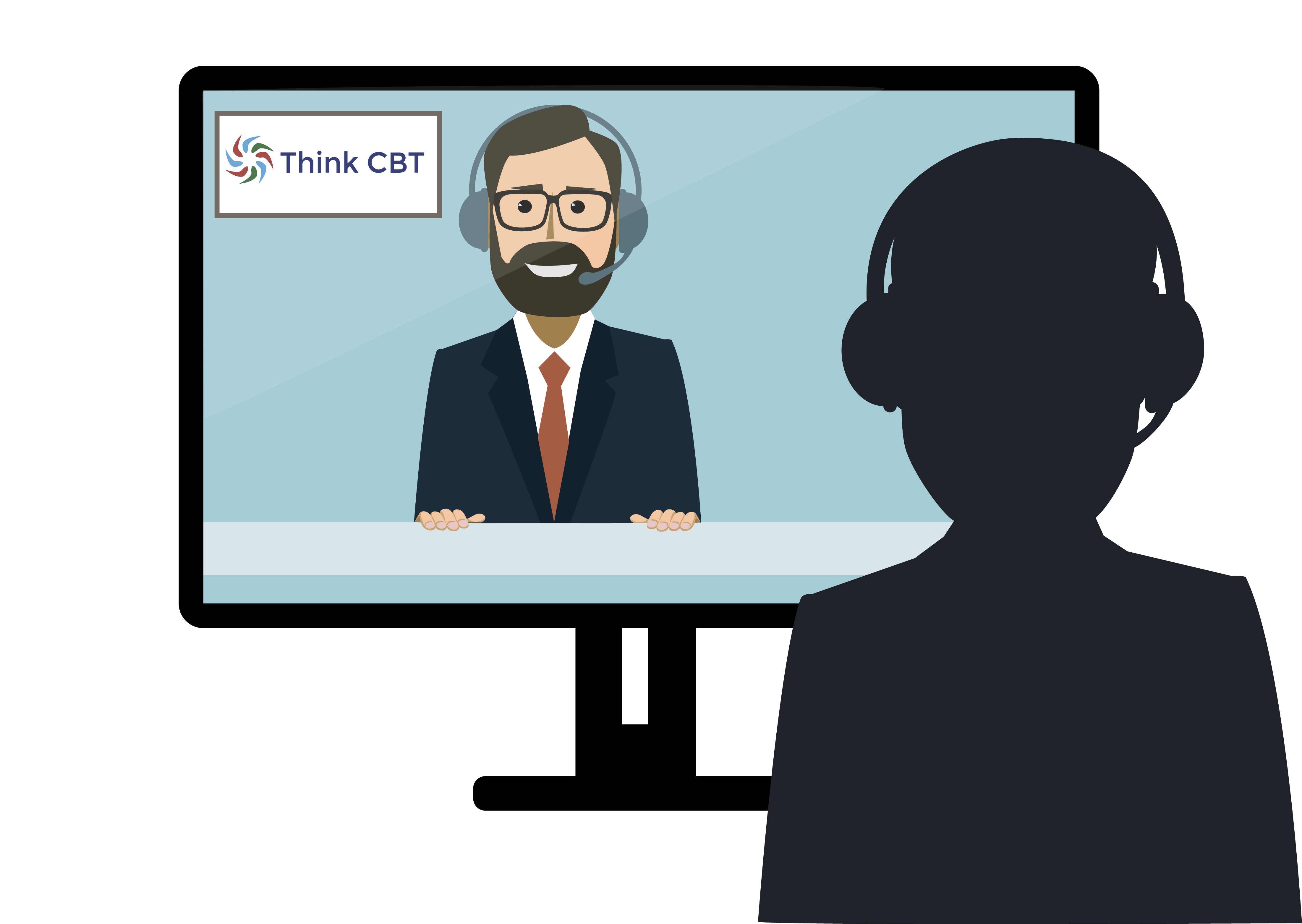
For the additional convenience and flexibility of video-based CBT, you can book online appointments with a member of our Cognitive Behavioural Therapy team working from over 200 locations across the UK. Online CBT for depression works in the same way as face-to-face therapy. To find out more, complete the contact form on this page or email info@thinkcbt.com
How Cognitive Behavioural Therapy is Used to Treat Depression and Low Mood
Cognitive Behavioural Therapy is recognised as the most effective and sustainable treatment for depression. Numerous clinical studies have consistently demonstrated that CBT outperforms anti-depressant medications and other forms of psychotherapy and counselling.
The first stage in the CBT process involves the detailed assessment and mapping of background factors, triggers and the psychological maintenance cycles that keep the depression going. This process is known as cognitive and behavioural formulation, where the therapist and the client work together to develop a blueprint of the problem.
Cognitive restructuring is used to identify, test and alter the negative automatic thoughts, rules, assumptions and beliefs that maintain depressed mood. This also involves the identification of cognitive distortions that reinforce or amplify depressive symptoms.
Behavioural Activation involves identifying, planning, undertaking and monitoring activities that are consistent with the client's responsibilities, goals and values, rather than mood, weaknesses or vulnerabilities. This is a highly structured and practical approach which has been shown to be effective in breaking the cycle of depression.
Mainstream Cognitive Behavioural Therapy can also be augmented by a number of third-wave CBT techniques including Acceptance Commitment Therapy (ACT), Compassion Focused Therapy (CFT) and Mindfulness Based Cognitive Therapy (MBCT). These forms of CBT have been found to be highly effective in improving emotional resilience and building cognitive flexibility.
CBT Charges and Timescales
Our CBT charges start from £85 per session. Depending on the client's needs, depression can be treated in 8-16 sessions of Cognitive Behavioural Therapy. Our charges are lower and timescales faster, as we operate on a commercially ethical basis and our therapists are all recognise CBT specialists.
The Different Types of Depression
Depression can be a complex problem and is often linked to other psychological disorders such as bipolar disorder and substance abuse. The most common forms of depression are outlined below:
Major Depressive Disorder (MDD)
Also referred to as clinical depression, unipolar depression and recurrent depression, MDD is present when two or more major depressive episodes are experienced. A depressive episode involves depressed mood and/or loss of interest or pleasure in life activities for at least 2 weeks. At least five of the following symptoms are present and this causes significant impairment in social, work or other important areas almost every day.
- Depressed mood most of the day.
- Reduced interest or pleasure in all or most activities.
- Significant unintentional weight loss or gain.
- Insomia, disrupted sleep or sleeping too much.
- Agitation or psychomotor problems noticed by others.
- Fatigue or loss of energy.
- Feelings of worthlessness or excessive guilt.
- Difficulty thinking, concentrating or indecisiveness.
- Recurrent suicidal thoughts.
Persistent Depressive Disorder
This is a milder form of ongoing depression, previously referred to as Dysthymic Disorder. This usually involves fewer symptoms, present for a minimum of two years. Depressive symptoms are still present for more days than not and whilst not necessarily disabling, the problem negatively influences the individual's daily life and general outlook.
Seasonal Affective Disorder (SAD)
SAD is a mood disorder with a seasonal pattern. The precise cause of SAD is still unclear; however it is likely to be related to the variation in light exposure in different seasons. Depression which starts in winter and subsides when the season ends is the most common form. People with SAD usually have low energy, oversleep, overeat, gain weight and crave carbohydrates.
Online Depression Tests
You can rate your depression symptoms by taking a free depression assessment, such as the PHQ-9 which is a recognised and widely used self-assessment for depression:
Cognitive Behavioural Therapy for depression and low mood brings the same rigor, structure and focus to the problem that it provides for many other psychological, emotional and behavioural problems.
Follow the evidence and take a positive step towards changing your situation.
Call us now on 01732 808626, click here to send a message or email us at info@thinkcbt.com. You can also find out more about our services by clicking this link.

















